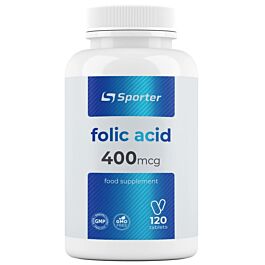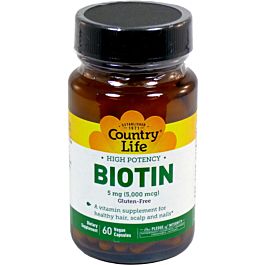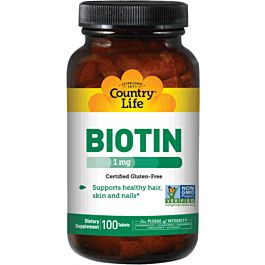Description
Vitamin D 3 (cholecalciferol) belongs to the group of vitamins D (D1-D6) necessary to maintain human metabolism.
Vitamin D 3 is involved in the work of all organs and systems:
-
Regulates the exchange of calcium, phosphorus. One of the main functions is the mineralization of bone tissue and the stimulation of the normal development of bones, ligaments of the musculoskeletal system in children. With the participation of vitamin D3 in the small intestine, calcium and phosphorus are absorbed from food or biologically active complexes. Thanks to the vitamin in the blood, the desired concentration of trace elements is provided. The condition of hair, nails, skin and teeth also depends on the absorption of calcium under the action of the vitamin.
-
Participates in metabolism. Vitamin D3 helps to normalize blood clotting, improves cell sensitivity to insulin and the absorption of carbohydrates, activates the regeneration of nerve fibers and increases their sensitivity, and prevents the deposition of cholesterol on the walls of blood vessels.
-
Strengthens the immune system. The active component of vitamin D 3 – cholecalciferol inhibits the growth of oncological neoplasms, stimulates the immune response when viruses and bacteria enter the body, helps fight inflammation, and also prevents the development of psoriasis and eczema. Vitamin has a positive effect on respiratory function, facilitates the treatment of pneumonia.






Reviews
There are no reviews yet.